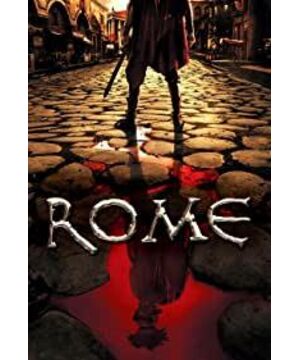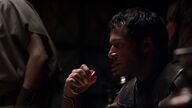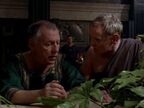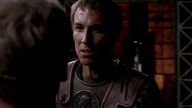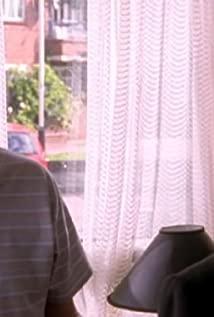Five stars for two reasons:
The first is values: the reckless man and his slave girl return to the countryside (heroes are also eager to get rid of their armor and return to the field); the green hat man forgives Hong Xing’s wife and her illegitimate son (with his wife’s death as redemption); The sense of justice assassinated Caesar (meaning the end of the tyrant). . .
The second is archaeology: the cultural relics in the play are very real, and can correspond to the cultural relics in the end of Pompeii, which is definitely a good opportunity to understand the architecture and art of ancient Rome. Such as the bracelet on the arm, eating habits, women's headwear and so on.
Samsung screenwriter: Completely abandoned the epic narrative, there is no grand war scene, but chose such a niche perspective, portraying each character vividly, Caesar's gloomy, Octavian's wisdom, 13 legionnaires' Loyalty, and everyone is imperfect, there is no hero worship, which is in line with mainstream Western values. However, I feel that the screenwriter wrote Cicero as ugly and mindless, where he can see that he is talented, and he is very unhappy about the beautification of Octavian and the ugliness of Caesar's dictatorship. As well as giving subjective answers to some historical gossip, all of a sudden it is Low, stall hands.jpg. In short, the bloody plot, the violence, the blood, the X openness, it's really a huge thunder.
Two stars for historical facts:
Many details are not shown, such as Cicero's speech, Caesar's Gallic battle speech, Caesar's words before his death (it's a pity not to perform), Roman women are also very passive (but Roman women are also sturdy in history, Couldn't be brave and fortitude, instead of being beautiful, debauched, and helpless?) Slightly disappointed. . .
In addition, I personally think the brotherhood in episode 11 and the assassination in episode 12 are the best.
View more about Rome reviews


